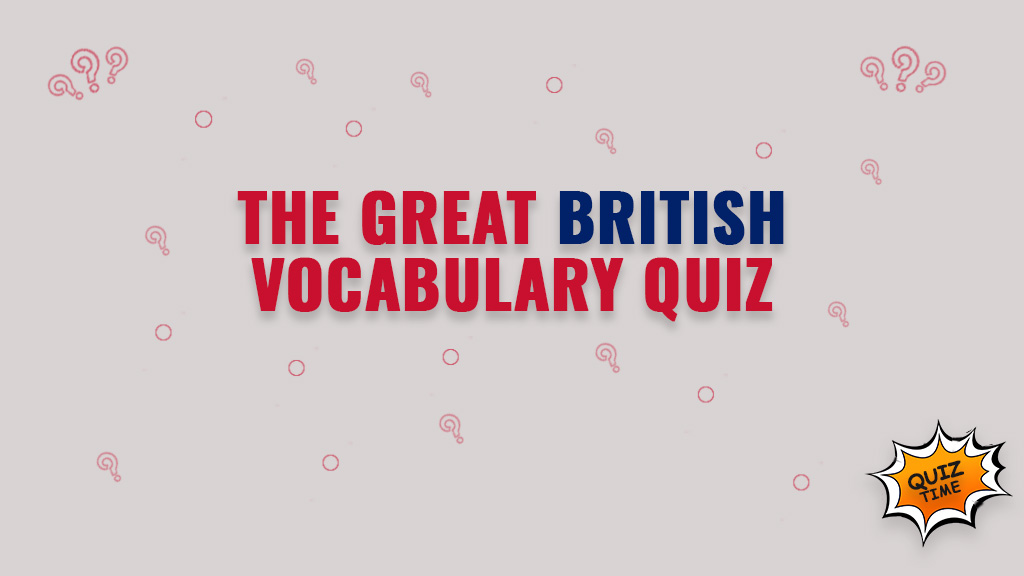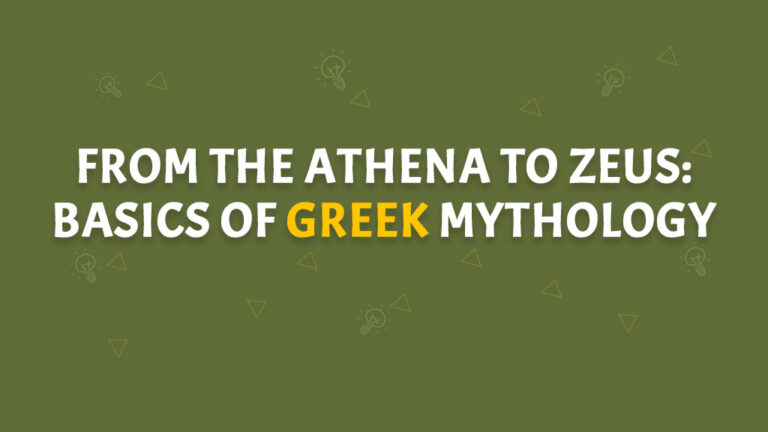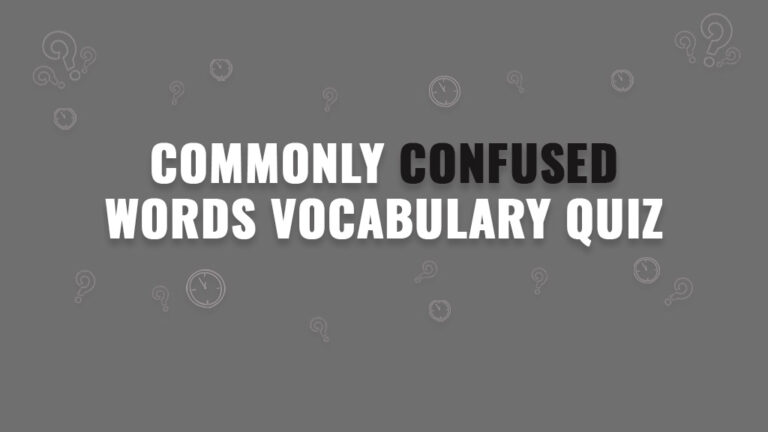❤️It's Trivia, but Sweeter❤️
The Great British Vocabulary Quiz

Exploring British Vocabulary: A Delightful Linguistic Journey
The richness of the English language is a testament to its evolution over centuries, and British English stands out with its unique charm and character. From idiomatic expressions to colloquialisms, British vocabulary is a treasure trove of linguistic quirks that reflect the culture, history, and humor of the UK. This article delves into the fascinating world of British English, providing context, explanations, and cultural insights to enrich your understanding.
The Essence of British English
British English is more than just a variation of the global language; it’s a cultural artifact. Rooted in centuries of tradition, the words and phrases commonly used in the UK reveal much about the people who speak it. Whether it’s regional slang or time-honored expressions, each term carries its own story. Engaging with British vocabulary is not only a way to enhance your linguistic skills but also a means to connect with the vibrant culture of the British Isles.
Common British Words and Their Meaning
When stepping into the world of British English, you’ll notice certain words that differ significantly from their American counterparts. For instance, the British term “knackered” translates to “exhausted,” a word often used to describe extreme tiredness. Imagine a long day at work or a strenuous workout; the perfect way to express your fatigue would be to say, “I’m absolutely knackered!”
Another staple of British vocabulary is the word “bloke,” which simply means “man.” While it might sound casual, it’s a term of endearment that reflects the approachable and friendly nature of British culture. A similar term for women, though less commonly used, is “lass,” showcasing a sense of camaraderie in informal speech.
Everyday British Expressions
Expressions like “chuffed” reveal the emotional depth embedded in British vocabulary. To be chuffed is to feel pleased or proud, often about a personal achievement or something delightful that has happened. For example, passing a challenging exam or receiving a heartfelt compliment might leave someone feeling thoroughly chuffed.
The British fascination with tea and biscuits is no secret. However, what might confuse non-Brits is the use of the word “biscuit,” which refers to what Americans call a “cookie.” This linguistic difference highlights not only the variety within English but also the cultural associations tied to food and drink.
British Food and Drink Vocabulary
British cuisine has left its mark on the language, with phrases like “bangers and mash” offering a glimpse into traditional meals. This iconic dish, consisting of sausages and mashed potatoes, is a comfort food favorite that reflects the simplicity and warmth of British home cooking.
Another term that often sparks curiosity is “crisps.” While Americans call them “chips,” the British use “crisps” to describe these crunchy snacks. Meanwhile, what Americans refer to as “French fries” are known as “chips” in British English, creating a delightful mix-up for those unfamiliar with the terminology.
Unpacking British Humor Through Language
British humor is renowned for its wit and subtlety, and the language reflects this playful attitude. Words like “gobsmacked” embody the dramatic flair often associated with British expressions. To be gobsmacked is to be utterly astonished or shocked, a term that carries a humorous undertone when used to describe surprising events.
Similarly, the word “dodgy” is an excellent example of British humor wrapped in language. Often used to describe something untrustworthy or suspicious, “dodgy” can refer to anything from a questionable deal to a faulty appliance. Its playful tone makes it a favorite in informal conversation.
The Influence of Regional Dialects
The diversity of the UK is reflected in its regional dialects, each contributing unique words and phrases to the broader lexicon. For instance, the Scots have enriched British English with terms like “wee,” meaning small, while Cockney rhyming slang, originating in London, adds a layer of linguistic creativity.
Understanding these regional variations not only enhances your vocabulary but also provides insight into the cultural and historical context of the UK. For example, the term “loo,” a British synonym for “bathroom,” is thought to have originated from French influences, showcasing the interconnectedness of European languages.
Practical Applications of British Vocabulary
Learning British vocabulary can be both practical and enjoyable. Whether you’re planning a trip to the UK, watching British films, or engaging with British literature, understanding these terms will deepen your experience. Imagine navigating a British pub and ordering “bangers and mash” with ease or discussing a riveting plot twist in a British drama using the term “gobsmacked.”
For language learners, British vocabulary offers a rich area for exploration. It encourages listening skills, cultural appreciation, and an ability to adapt to different contexts. Furthermore, the use of idiomatic expressions and colloquialisms adds a layer of sophistication to your communication skills.
Bridging Cultural Gaps Through Language
British English serves as a bridge between cultures, offering a glimpse into the values and traditions of the UK. Words like “chuffed” and “knackered” convey emotions and experiences that are universally relatable, while uniquely British terms like “biscuit” and “crisps” highlight cultural distinctions.
By familiarizing yourself with British vocabulary, you’re not only expanding your linguistic repertoire but also fostering a sense of connection with the people who use these words in their daily lives. Language is a powerful tool for building understanding and empathy, and British English is no exception.
Fun Ways to Learn British Vocabulary
Engaging with British vocabulary doesn’t have to feel like a chore. Quizzes, such as the one featured here, offer an interactive way to test your knowledge and learn new terms. Watching British television shows, reading British novels, and listening to British podcasts are other enjoyable methods to immerse yourself in the language.
Additionally, practicing with native speakers or joining online forums dedicated to British culture can enhance your learning experience. These opportunities allow you to pick up not only vocabulary but also the nuances of pronunciation and context.
The Lasting Appeal of British English
The enduring popularity of British English is a testament to its charm and versatility. Its unique vocabulary captures the essence of British culture, blending humor, history, and everyday life into a linguistic tapestry. From the practical to the poetic, British words and phrases enrich the global understanding of the English language.
Whether you’re a language enthusiast, a traveler, or simply curious about British culture, delving into its vocabulary is a rewarding journey. Each word you learn brings you closer to understanding the spirit of the UK and the people who call it home.
Conclusion
Exploring British vocabulary is like unlocking a door to a world of cultural and linguistic treasures. The words and phrases featured in this article offer a glimpse into the richness of British English, inviting you to embrace its quirks and nuances. Whether you’re “chuffed” to learn more or feeling “gobsmacked” by the variety of expressions, there’s always something new to discover. So, dive in and enjoy the delightful journey through the language of Britain!



